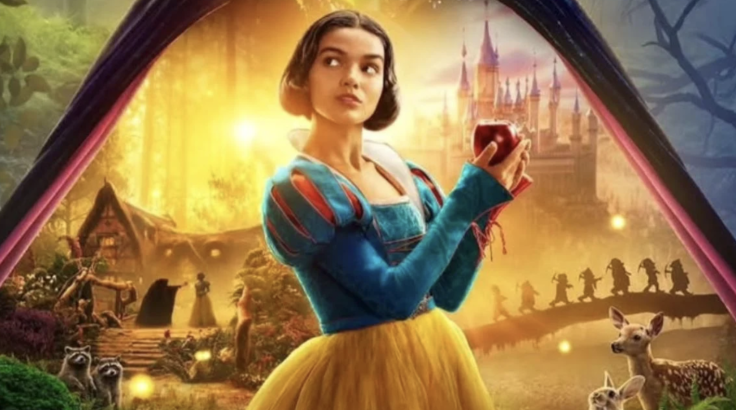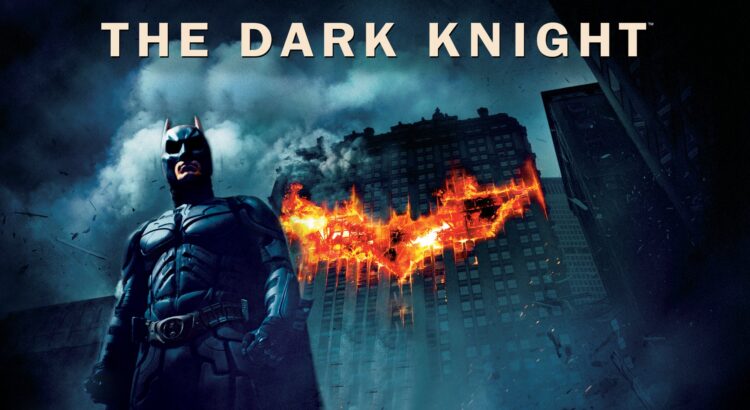In this 2025 live adaptation of Disney’s 1937 film Snow White, Rachel Zegler plays the part of Princess Snow White, a young woman who is mistreated by her evil stepmother, known as the Evil Queen. The Evil Queen is jealous of Snow White for her beauty and kind heart, and thus sends her outside the castle to be killed. However, Snow White escapes and goes on an adventure in which she meets seven dwarves and a group of thieves led by a young man named Jonathan, and eventually confronts the Queen herself.
One aspect that I admired about this film was Rachel Zegler’s musical performance. The emotion she puts into performing is captivating, as one can clearly tell she puts her heart and soul into singing to really bring Snow White’s character to life. Gal Gadot also does a good job portraying the evil queen. Her subtle facial expressions and movements really convince the audience of the queen’s evil nature.
Although this film had many endearing parts such as the cute forest animals that Snow White befriends and the characteristic catchy Disney songs, there were some aspects of the film that I thought were lacking. The overall pacing of the movie felt very inconsistent. Some scenes were drawn out and felt almost boring, while others felt choppy and rushed. There were some key moments that felt a lack of buildup in emotional intensity, leading to abrupt scene changes. However, this could be due to the director wanting to market the movie towards more younger audiences, and so they may have decided to cut out any scenes that would be too intense. I enjoyed how there were a couple instances in which the Seven Dwarves made jokes more catered to adults but were innocent enough that it could be included in a children’s movie.
I also noticed that the costumes on both Snow White and the Evil Queen were noticeably tacky and looked out of place from the film. They looked similar to the Halloween Costumes found in retail stores for children to wear. However, I realize that this is not that important to the overall plot of the film, and is just something that I noticed.
The film kept to the original in some parts but strayed from the original in others. For example, the seven dwarves and their iconic personalities were kept in, as well as the Evil Queen’s magic mirror and poison apple. However, they added the young thief Jonathan and his group of bandits as a replacement for Prince Charming. I thought that made a lot of sense to do because in the original, Prince Charming does not have much of a role in the film.
Although Snow White (2025) was not a tear-jerking, awe-inspiring film, it also was not terrible. The two main actresses did a phenomenal job and the movie still kept its feeling of having Disney magic. However, the film lacked a more deep and thoughtful plot and had an inconsistent flow to it, and so would likely be more enjoyed by young children and their families for a light-hearted movie night.












